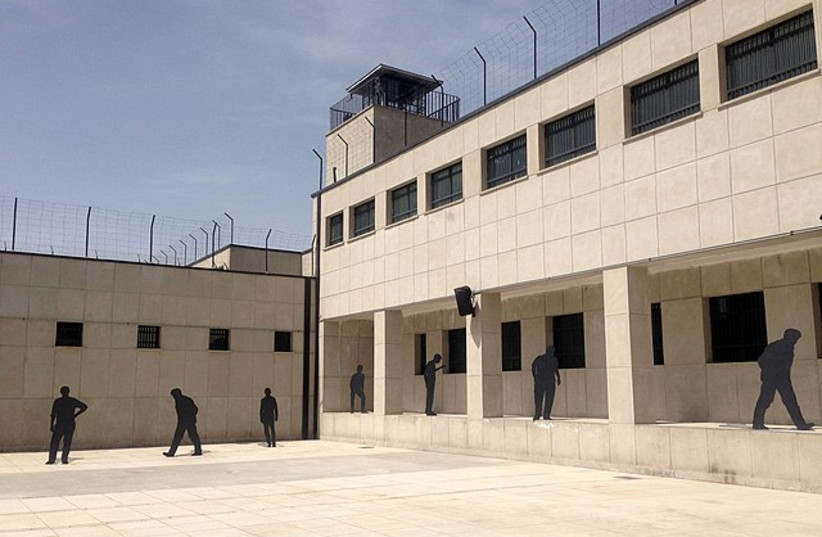Iran released five Americans from prison on Thursday, in exchange for the thawing of $6 billion in Iranian oil revenue that was blocked due to sanctions, as well as freeing five Iranians from jail in the US.
The Islamic Republic has long resorted to imprisoning citizens of Western states in order to exact a ransom from their governments, and this is no exception.
Washington and Tehran agreed that the frozen Iranian assets in South Korea can only be used for humanitarian purposes, like medicine and food.
Ali Vaez, the Iran director of the International Crisis Group, argued to The New York Times that the Treasury Department made sure that “all Iran can do under this deal is submit orders to a bank in Doha for food and medicine and... medical equipment that [does] not have dual military use.”
“If you are against this deal,” Vaez argued, “you are against Americans coming back home and you are against Iranian people having access to food and medicine.”

US-Iran 'mini-deal'
Yet, the deal is not necessarily the win-win that is being presented. Money is fungible.
The mullahs’ regime has consistently shown that its priority is malign acts throughout the region and the world, and it will now have six billion more dollars to spend doing that instead of on Iranians’ basic humanitarian needs.
Notably, neither the American nor the Iranian statement openly confirmed the payoff. Iran’s mission to the UN said that they agreed to “reciprocally release and pardon five prisoners,” but $6 billion is a lot more than just reciprocity.
What they’re not discussing is the fact that, in addition to the known terms of this deal, the release of US prisoners was negotiated in parallel with an agreement to limit Iran’s nuclear program in exchange for sanctions relief – the relief it just received in conjunction with the prisoner exchange.
In June, the sides neared an agreement for Iran to stop its uranium enrichment at 60%, far beyond what was permitted in the 2015 nuclear deal but below the 90% needed for a nuclear weapon.
Other reported elements of the deal would be Iran stopping its sale of missiles to Russia and proxy attacks on US contractors in the Middle East.
The prisoners and the $6b. in South Korea were part of the negotiation, as well as waiving sanctions so that Iraq can pay over $10b. it owes Iran for gas and electricity. The US has already allowed Iraq to pay part of that sum.
US House Minority leader Hakeem Jeffries (D-New York) said in Israel this week that he had “no indication at the moment from either the Israeli government or the Biden administration, in my conversations with them over the last several weeks, that any steps are being taken to intensify efforts to reach an agreement with Iran at this time.”
But the Biden administration has been trying to keep Congress in the dark about any understandings with Tehran to avoid the review process stipulated by the Iran Nuclear Agreement Review Act, a law requiring the president to notify Congress within five days of any nuclear agreement with Iran and transmit any related materials for a 30-day review period.
INARA also requires the president to “determine the agreement in no way compromises the commitment of the United States to Israel’s security, nor its support for Israel’s right to exist.”
Netanyahu was not overly concerned with the deal that was being negotiated, calling it a “mini-deal” or “understanding,” and saying it will not oblige Israel.
Still, the prisoner exchange could be an indication that there is something bigger on the way between the US and Iran, something that the Biden administration is loathe to make public.
